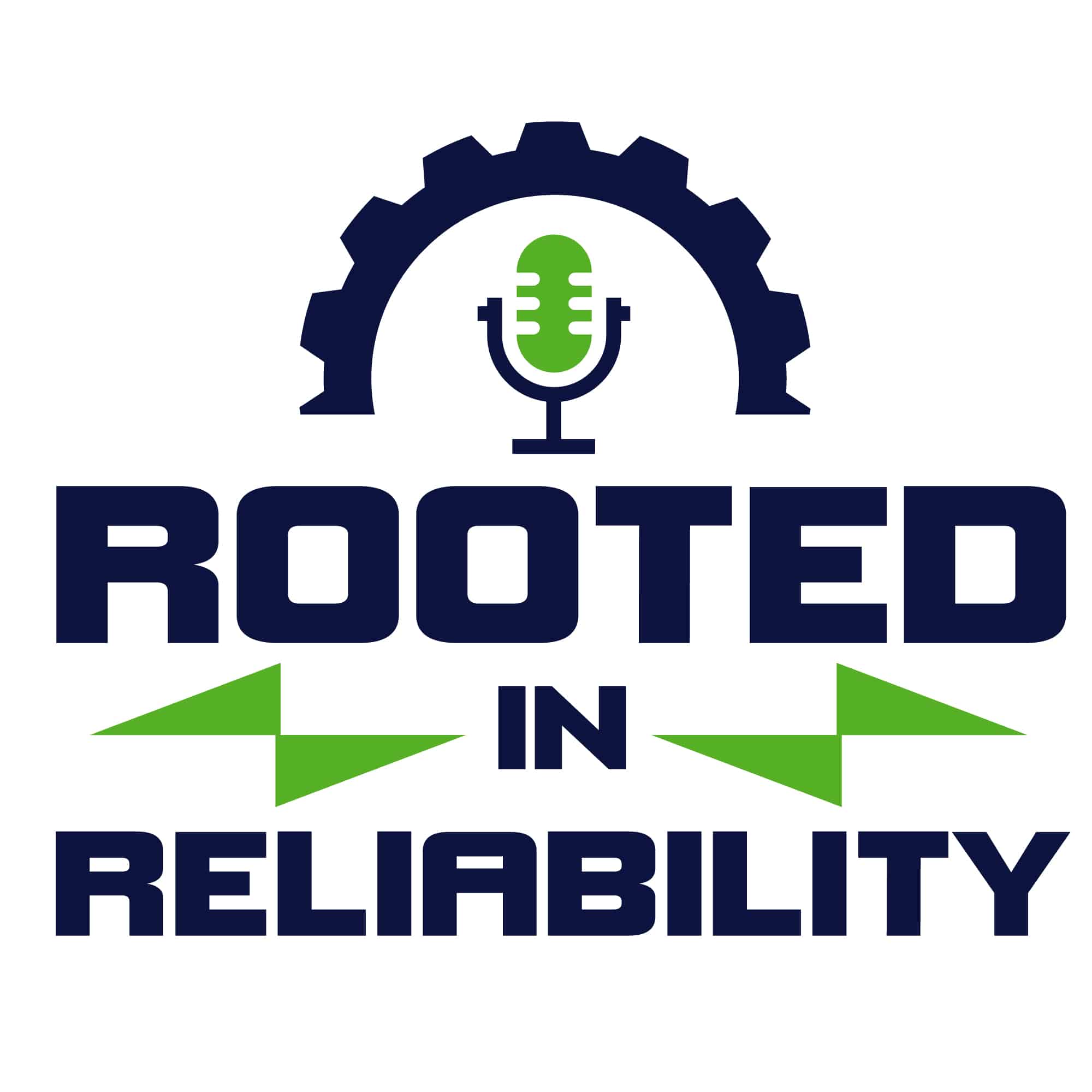What is Maintenance Planning & Scheduling?
This episode of the weekly podcast covers all the aspects of maintenance planning and scheduling.
Planning is one of the most time-consuming yet important activity if an organization needs anything done efficiently and effectively.
Any strategy or procedure needs planning and scheduling if it were to be implemented successfully.
A well-planned maintenance strategy not only ensures a good outcome but saves a lot of money and time.
Every industry uses this approach when delivering ahead of the deadlines can result in catastrophic results.
Now, this is one of the initial stages and any organization needs human and physical resources to accomplish these planned goals.
Planning definitely takes time but in the long run, you can manage to do more work in the given time which is the manifestation of the Parkinson’s Law.
It also helps in solving problems and avoid failures, because you can find out that what went wrong and how are you going to fix it as it is a step by step process.
These steps need reasonable completion time after you have calculated the total estimated time in the planning phase and that is where scheduling helps. This schedule will answer questions like,
How much time will each task take?
Who will do a particular task?
How will this task be done?
After this work will be done by the coordination of people who have been assigned different roles in the organization.
The planner is going to plan the strategy, the scheduler will coordinate this plan to the technicians, the technicians will do the job and that is how the chain is completed.
Now, a supervisor here is very important as he is going to keep track of each task, get feedback and return it to the source. Whether everything is being done correctively and as planned?
He makes sure that the original outcome is as close to the planned one as possible and then he reports these scores in terms of percentages back to the planner.
Mutual sharing of work develops a knowledge management system which becomes an organizational asset.
When similar jobs will be done in future, the new or previous team will already have a well-planned strategy.
They don’t have to waste time in researching and developing a new strategy from scratch. They will use the previous one, modify it according to their current needs and get the job done in time with having potential results.
In the end, you will have better results with improved wrench time that helps us measure the efficiency and possible variation from our plan.
Preventive maintenance compliance can serve the purpose better as it uses proactive approach for avoiding failures and managing equipment downtime.
So, a properly planned and scheduled task management results in greater productivity and fewer anomalies in larger organizations.
Smaller ones avoid planning because it takes time and finance to implement it which they usually don’t have.
You that you can always find out more on Maintenance Planning & Scheduling at www.EruditioLLC.com and by following our blog. The Rooted In Reliability podcast is a proud member of the reliability.fm network.
Let us know what you think of the podcast, your suggestions for topics or to ask any questions about this topic. Email us at info@eruditio.com.
References;
- Maintenance Planning & Scheduling by Doc Palmer
- Maintenance Planning & Scheduling: Planning for Profitability

Rooted In Reliability podcast is a proud member of Reliability.fm network. We encourage you to please rate and review this podcast on iTunes and Stitcher. It ensures the podcast stays relevant and is easy to find by like-minded professionals. It is only with your ratings and reviews that the Rooted In Reliability podcast can continue to grow. Thank you for providing the small but critical support for the Rooted In Reliability podcast!
 Ask a question or send along a comment.
Please login to view and use the contact form.
Ask a question or send along a comment.
Please login to view and use the contact form.
Leave a Reply